
Huntington's disease (HD) is a devastating progressive disorder. Delaying disease onset requires novel targeted interventions early on in life.

A new centre at the Medical University of Warsaw (MUW) will address the need for a top-quality experimental oncology platform to support clinical hospitals. Novel research techniques will improve the understanding of carcinogenesis and lead to development of new therapeutic and diagnostic tools.

Prostate cancer is the second most common cancer in men. Realising high-throughput image analysis solutions for prostate cancer should improve the overall accuracy and speed of diagnosis.
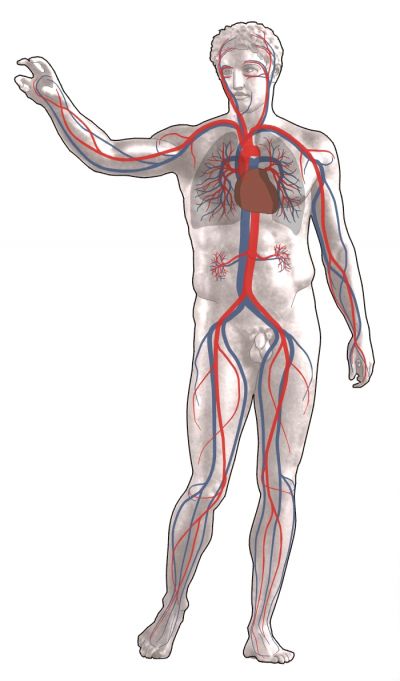
An EU-funded project expanded multidisciplinary networks of players working on research and developing technologies to understand and treat vascular diseases.
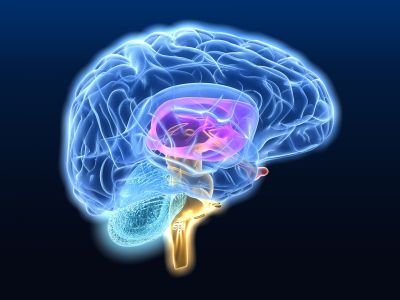
EU-funded scientists have developed a super-resolution optical microscope that produces high-quality images of cells deep within living tissues. This opens the door to the study subcellular brain changes in disease processes or learning.

Joint replacement procedures constitute a medical market calculated in billions per year, increasing with the ageing population. As joint replacements are prone to wear, leading to loss of implant function, it is important to extend their lifetime to avoid repeated surgeries.

Ageing is usually accompanied by multimorbidities, making clinical management a more complex task. The incidence of adverse drug reactions (ADRs) through prescription of potentially inappropriate medications is steadily rising as a result.

Muscles have a unique resistance to cancer and metastasis. Is it possible to learn the resistance mechanism and use it for anticancer therapies?

EU scientists have taken steps towards the commercial cultivation of sea-buckthorn, a berry-producing plant with potential medicinal properties.

Positron emission tomography (PET) exploits metabolism of small amounts of a radioactive tracer molecule to evaluate disease or damage. Novel chemicals promise to expand the capabilities of PET from simple glucose to complex molecules like proteins.

Disorders of sex development (DSD) represent a group of rare diseases that stem from atypical genetic conditions. Such patients often have impaired health-related quality of life (HRQoL) and psychosocial adaption.

Epilepsy, affecting millions of people globally, is a condition where spontaneous unpredictable seizures occur in the brain. This potentially dangerous condition occurs due to abnormal neuronal network communication in the brain.

Obesity is considered the epidemic of the 21st century. Understanding the aetiology and pathophysiology of obesity should facilitate its prevention, diagnosis and treatment.
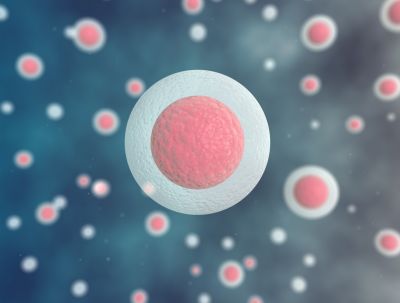
Improving the treatments available for diabetic patients and enhancing their health and quality of life represents a major challenge. A European study follows an innovative approach based on mesenchymal stem cells (MSCs) to repair the damage induced by high glucose levels.
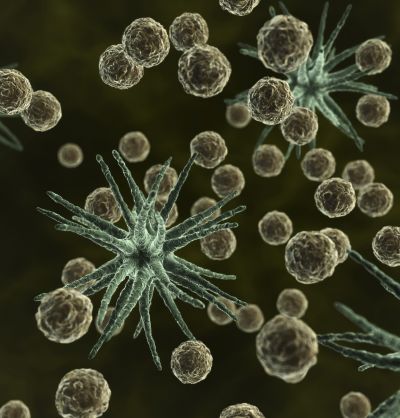
When cells grow old or receive stress signals, they undergo a process known as cellular senescence. Understanding the fate of these cells in an organism could help prevent cancer formation and ageing.

Blood insulin levels trigger storage or release of glucose, a simple sugar necessary for all cellular functions but that can cause great damage in excess. Enhanced glucose monitoring during insulin therapy will improve quality of life for diabetics.

RNA therapeutics is gaining ground in the treatment of many diseases. European researchers hope to show it could be a valid intervention for the treatment of Duchenne muscular dystrophy (DMD).

A team of EU-funded researchers have confirmed the correlation between a strong primary care structure and person-focused care in a recent study.

An EU-funded project is building an international consortium to design medical uses for wireless networks and information and communication technologies (ICT).
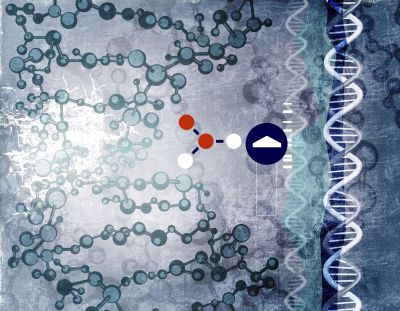
Many degenerative conditions are caused by the accumulation of insoluble amyloid protein aggregates. Finding ways to prevent or reverse this phenomenon is at the forefront of biomedical research and development.
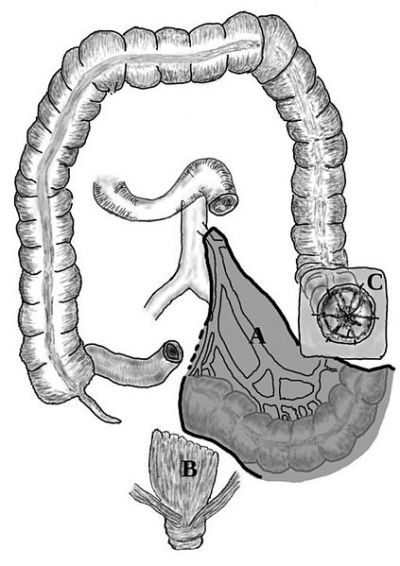
Inflammatory bowel disease (IBD) involves chronic inflammation of the entire digestive system. European researchers are working to discover biomarkers to improve disease prognosis and clinical management.

Marine organisms being studied by European scientists are a source of novel compounds that could revolutionise the biomedical sector. The first products have been developed for innovative applications.
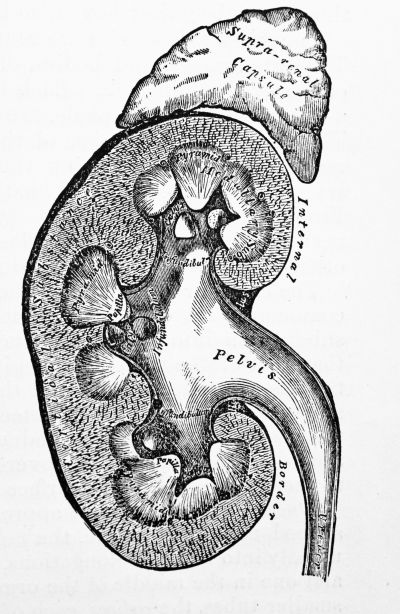
Chronic kidney disease (CKD) is a progressive loss in renal function over a period of months or years. The early detection of those at risk of developing CKD is necessary as the number of patients is increasing steadily worldwide.

Melanoma constitutes one of the most frequent cancers with a high morbidity rate. Nearly 60 % of cases present with mutations in the BRAF kinase (at position 600), but additional genetic events are thought to be required for malignant transformation.

Unlike magnetic resonance imaging (MRI) that exploits highly abundant protons, an emerging imaging method relies on much less prevalent phosphorous. Scientists exploited new technology that cranks up the signal to detect and classify brain tumours.
























